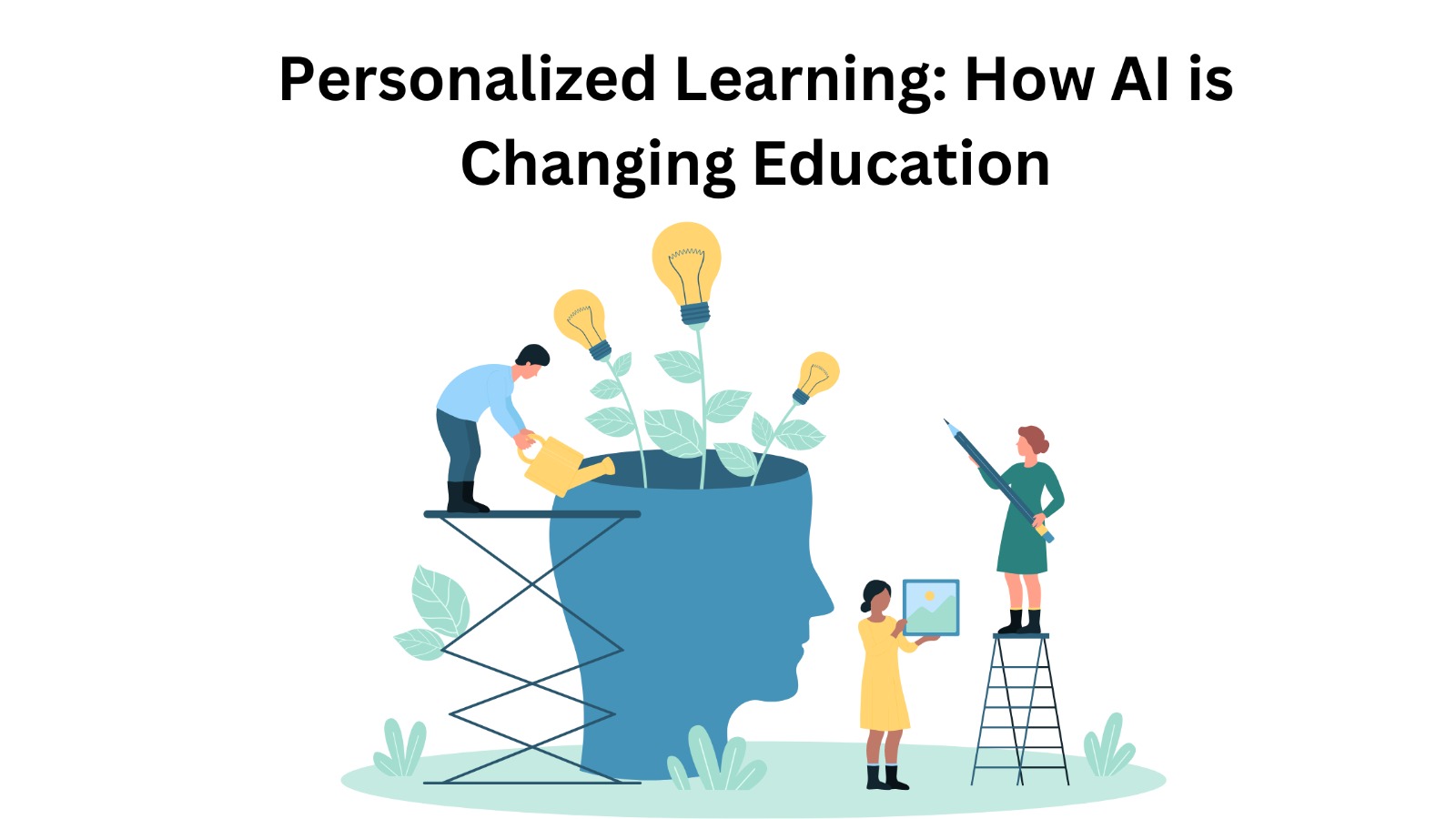The advent of Artificial Intelligence (AI) in the educational sector has marked the beginning of a new era characterized by personalized learning experiences, transforming traditional teaching methodologies and offering a more tailored education to students. This comprehensive exploration delves into how AI is revolutionizing the education system by facilitating customized learning paths, enhancing student engagement, and improving educational outcomes.
Introduction to AI in Education
AI’s integration into education introduces an innovative approach to learning, shifting the focus from a one-size-fits-all model to personalized education strategies. By leveraging data analysis and machine learning algorithms, AI can adapt to the unique needs of each student, offering a tailored learning experience that caters to their individual strengths, weaknesses, learning pace, and preferences.
Customized Learning Paths with AI
One of the most significant contributions of AI to education is its ability to create customized learning paths for students. AI systems analyze a vast amount of data on students’ learning habits, performance metrics, and engagement levels to identify the most effective teaching methods and resources for each learner. This approach not only optimizes the learning process but also empowers students by giving them control over their education, leading to increased motivation and better learning outcomes.
Enhancing Student Engagement through AI
Engagement is crucial for effective learning, and AI technologies are at the forefront of developing innovative solutions to captivate students’ interests. Through interactive AI-powered tools and platforms, learners are introduced to gamified learning experiences, virtual reality (VR) environments, and intelligent tutoring systems that make education more engaging and fun. These technologies cater to different learning styles and make complex subjects more accessible, thereby enhancing students’ understanding and retention of information.
Improving Educational Outcomes with AI
AI’s ability to provide personalized feedback and assessments is a game-changer in education. Unlike traditional assessment methods, AI-enabled systems can offer immediate, detailed feedback based on the student’s performance, helping them identify areas of improvement in real-time. This immediate feedback loop facilitates a more efficient learning process, allowing students to progress at their own pace and ultimately leading to improved educational outcomes.
AI as a Tool for Teachers
AI does not aim to replace teachers but rather to augment their capabilities. By automating administrative tasks, such as grading and record-keeping, AI frees up teachers’ time to focus on more critical aspects of teaching, such as facilitating discussions and providing personalized support to students. Additionally, AI can provide teachers with insights into students’ learning patterns, enabling them to identify at-risk students and tailor their teaching strategies to meet the diverse needs of their classroom.
Challenges and Ethical Considerations
While AI presents numerous opportunities for enhancing education, it also brings forth challenges and ethical considerations. Data privacy and security are major concerns, as AI systems require access to sensitive student information to function effectively. Moreover, there is a risk of reinforcing biases if AI algorithms are not carefully designed and monitored. Ensuring that AI systems are transparent, ethical, and equitable is essential for their successful integration into education.
Bridging the Digital Divide with AI in Education
As AI continues to revolutionize education, an essential aspect of its implementation is addressing and bridging the digital divide. This divide separates those with access to digital technologies and the internet from those without, impacting students’ ability to benefit from AI-enhanced learning. Innovative AI solutions are being developed to make personalized learning not only a feature for the technologically privileged but accessible to all students, regardless of their socio-economic background.
Efforts to bridge this divide include deploying AI-powered educational software that can run on low-end devices and developing offline AI solutions that provide quality educational content without the need for a constant internet connection. Governments and educational institutions are also working on initiatives to improve digital infrastructure, ensuring that schools in remote and underserved areas have the necessary technology to support AI-based learning tools. By focusing on inclusivity, AI has the potential to democratize education, offering high-quality, personalized learning experiences to students worldwide, regardless of their geographical location or economic status.
The Future of Education with AI
Looking ahead, AI is set to play a pivotal role in shaping the future of education. With advancements in AI technology, we can anticipate more sophisticated personalized learning experiences, seamless integration of virtual and augmented reality in classrooms, and the development of AI-driven educational content that adapts to the evolving needs of students. The potential of AI to democratize education, making high-quality, personalized learning accessible to students worldwide, is an exciting prospect that could significantly reduce educational disparities.
Conclusion
AI is transforming the education sector by introducing personalized learning experiences that cater to the individual needs of students. By customizing learning paths, enhancing engagement, improving educational outcomes, and supporting teachers, AI is paving the way for a more effective, inclusive, and engaging education system. Despite the challenges and ethical considerations, the potential benefits of AI in education are immense. As we continue to explore and refine AI applications in education, the focus must remain on creating equitable, transparent, and ethical AI solutions that enhance the learning experience for all students.
In conclusion, the integration of AI into education is not just a technological advancement but a revolution in how we approach learning and teaching. As AI continues to evolve, its potential to transform the educational landscape becomes increasingly apparent, promising a future where personalized education is not a luxury but a standard. The journey of integrating AI into education is ongoing, and its success will depend on our collective efforts to address the challenges, harness the opportunities, and ensure that AI serves as a powerful tool for enriching the educational experiences of students around the globe.

